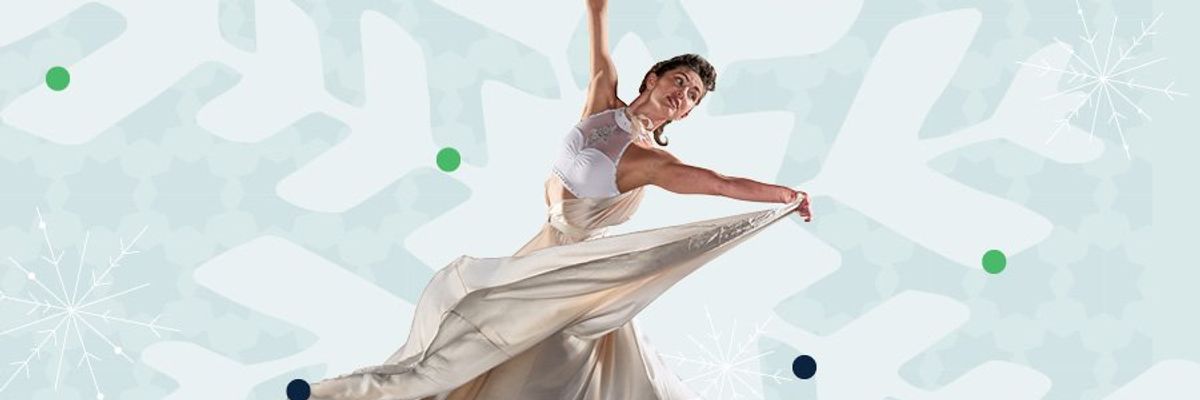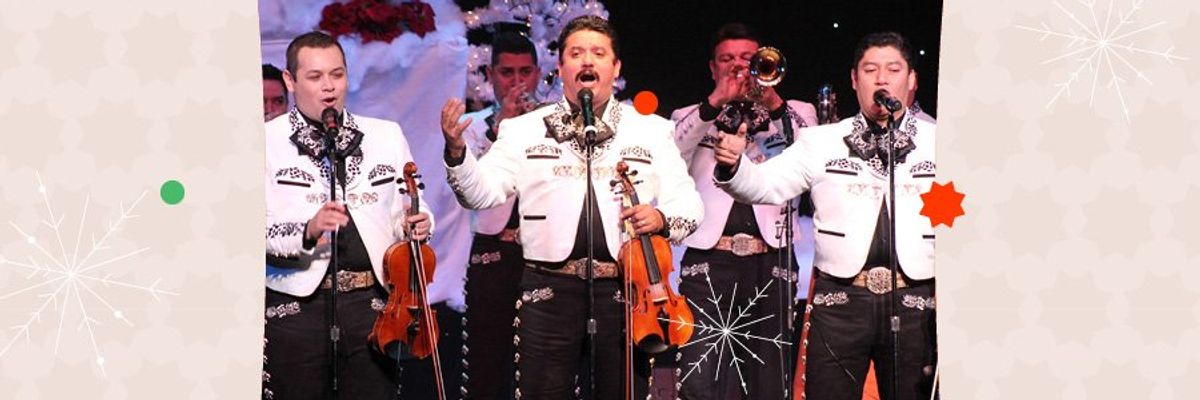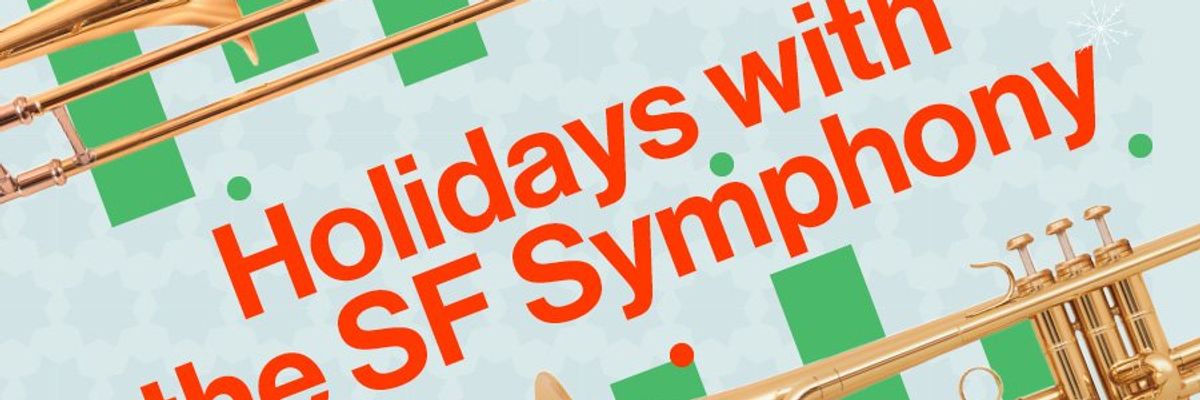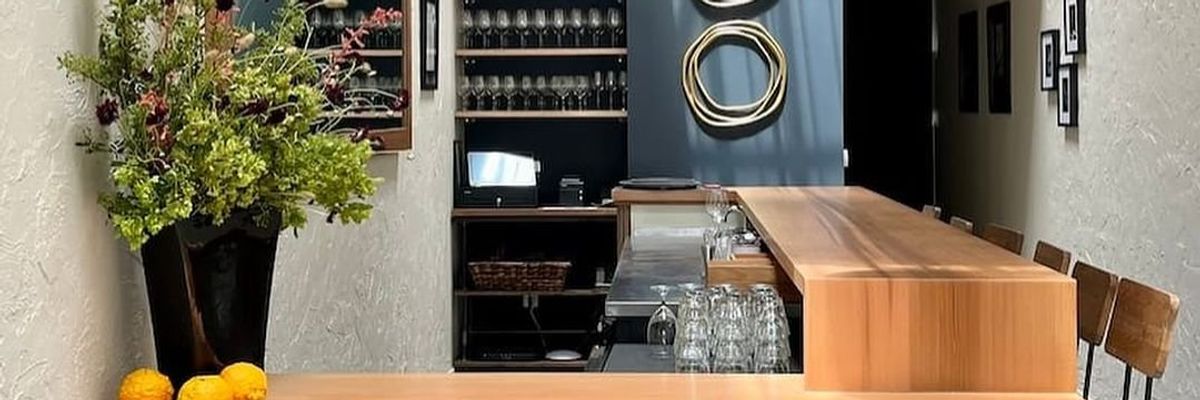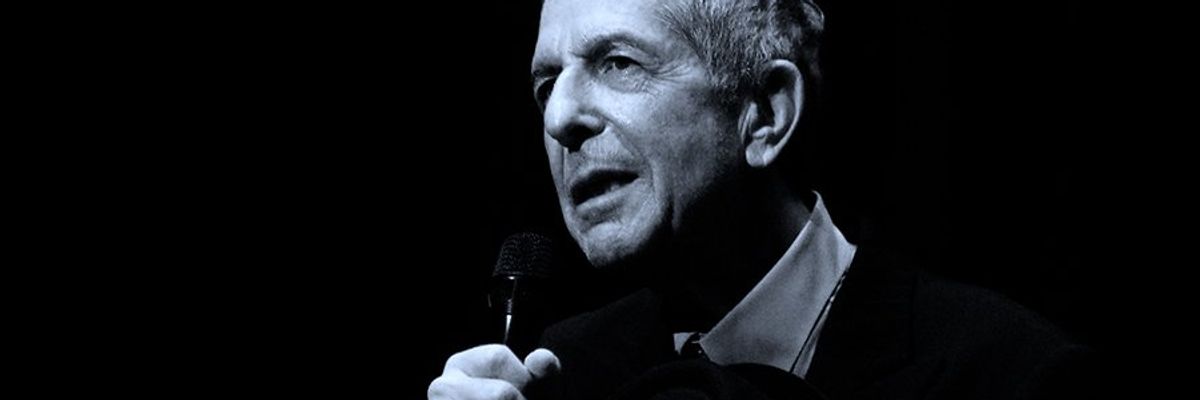I've been shopping at Drewes Bros. Meats in Noe Valley for years—far before the co-owner Josh Epple took over with his brother Isaac; both started working there when they were 16. I've watched one of the oldest butcher shops in California (circa 1889) go from a good neighborhood shop to a great one—a place where you can get naturally-raised meats of all kinds, as well as fresh fish, both wild and organic farmed. It's not a pretentious place—it was not born of the current butcher trend. The Epples clued in on the fact that there was a demand for a butcher shop with a conscious and just went for it.
I was in over the weekend to pick up some beautiful sustainable, farm-raised Steelhead trout, as well as some sausage and sliced Willie Bird turkey for sandwiches. Epple, who has become a father since I started shopping there, was helping me and I looked around and commented that it was busy—business must be good. (It was a beautiful Saturday afternoon begging for the barbecue to be fired up.) But Epple shook his head and told me that generally it's been rough, ever since Whole Foods moved into the old Bell market space on 24th Street. He hopes their sales will rebound once the novelty of Whole Foods wears off. Clearly, the Save Drewes Bros Meats campaign that went on at the end of last year didn't have the needed effect.
It reminded me how much of a blessing and a curse Whole Foods is. There's no denying that the superstore has changed the face of grocery stores for the better—and certainly improved the offerings in cities that aren't as blessed as San Francisco is with its independent markets. But in SF, when we choose to do the one-stop shop at Whole Foods—a store that aims to make shopping experience seem virtuous and certainly can be convincing—we're also making the choice to put a neighborhing shop like Drewes Bros in jeopardy. If it's a price thing, and you find Drewes to be spendier (I'm not sure it even is—Whole Foods isn't called Whole Paycheck for nothing), think of it as an investment in the landscape of San Francisco. Because just like agriculture, a city's businesses need to be diverse for it to thrive. Monocultures are not sustainable on any front.
End of lecture.












